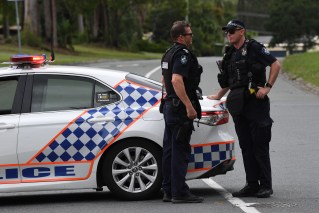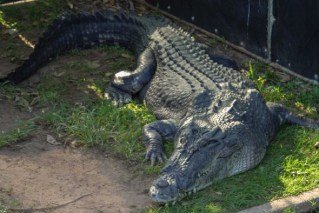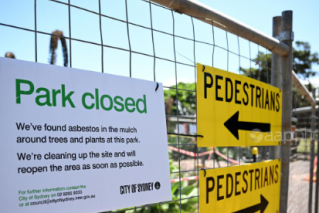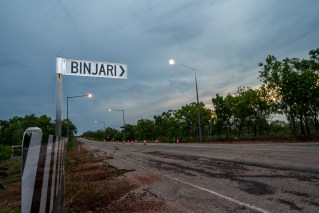Did Australian govt turn its back on two young Aussies lost at sea?
Frustrated with the Morrison Government’s refusal to escalate search efforts for two Australians missing in waters off Japan, Queensland’s Robbie Katter has lashed out, blaming the stonewalling on protecting sensitive Australia-Japan partnership talks.

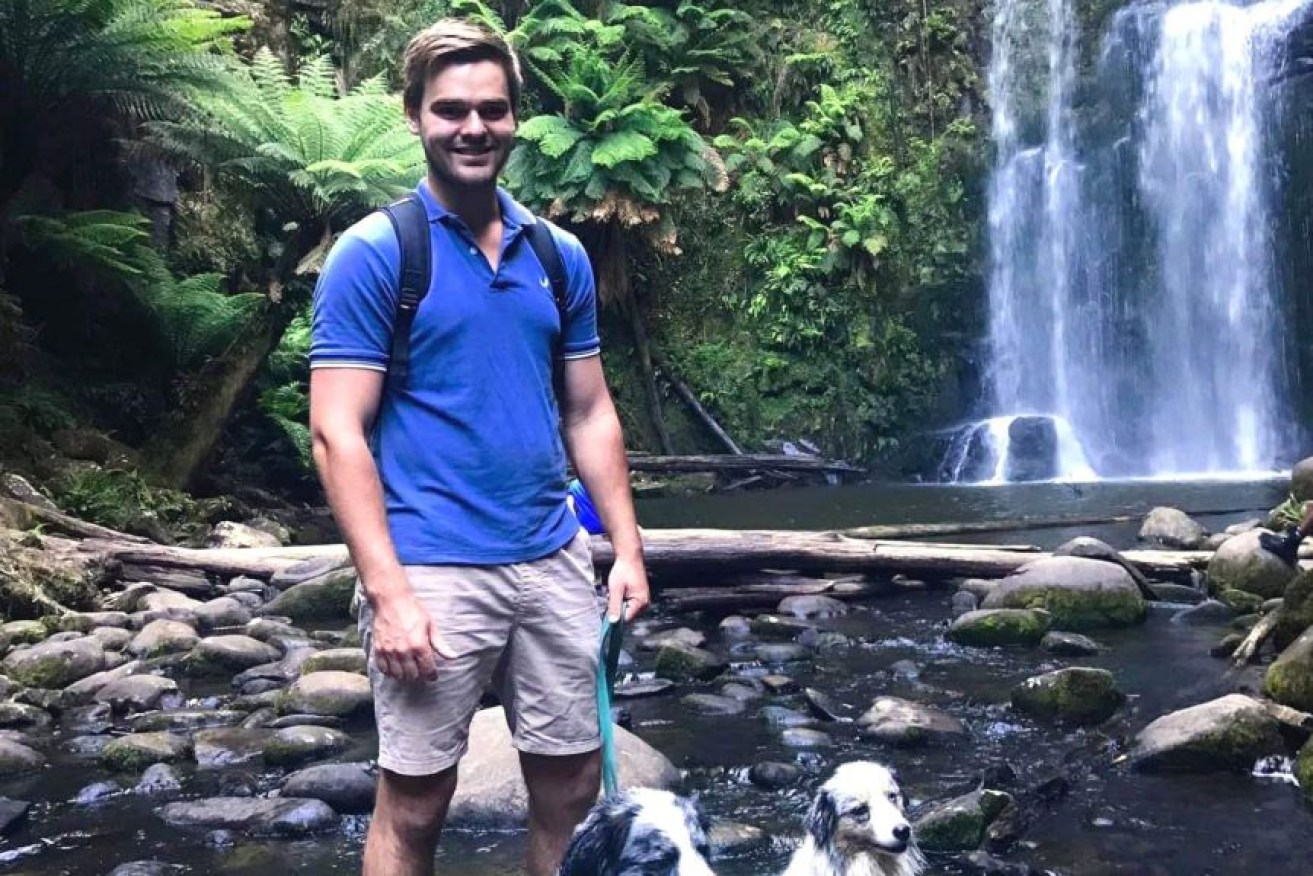
Has Australia abandoned two missing crewmen to keep a key Pacific partnership afloat?
Outspoken Queensland MP Robbie Katter says that for once he’s lost for words in trying to answer the question since a live cattle export ship capsized off the Japan coast on September 2.
But the leader of Katter’s Australian Party, currently campaigning to win more seats in the Queensland Parliament at the October 31 election, says Deputy Prime Minister Michael McCormack has given him callous insight as to why the Australian Government will not be pushing Japan harder to find two missing Australians from the ill-fated vessel.
“The Deputy Prime Minister has told me that they don’t want to upset the Japanese government by asking for the search to be stepped up,” Katter said.
“Well, it can’t be a very strong relationship if you’re worried about upsetting another country when all you want is the best chance of finding your own citizens who may have been lost in their waters.”
InQueensland has spoken with staff at McCormack’s office and emailed follow-up questions for the Deputy PM to clarify the comments attributed to him by Katter. There has so far been no response since sending the email last week.
InQueensland has also spent time on the phone with Dr Ulrich Orda, the father of missing Queensland man Lukas Orda.
Since making an emotional appeal on television earlier this month for the search to be upgraded, Orda says he and his family are now following legal advice to make no further comments about the search operation.
He did acknowledge that Katter remained a source of support for the family during their ordeal and that they could validate the frustration he is experiencing with authorities reluctant to resurrect the search for possible survivors of the stricken vessel.
He said he could only describe his family as “totally devastated” but still held hope his son may still be alive. Family of the other Australian crew member, Sydney’s William Mainprize, have also expressed similar sentiments about his fitness and resilience.
With events entering their fifth week since news broke of the ship’s capsizing in rough seas at the centre of a typhoon, most health experts agree that any of the crew still on life boats would be entering the outer limits of survival within days.
Registered in Panama, the Gulf Livestock 1 vessel left Napier in New Zealand on August 14 bound for China with 43 crew and nearly 6000 live cattle on board managed by Australian operator Australasian Global Exports.
The ship had previously docked in Townsville on May 23 and Gladstone on August 6.
Since being lost in heavy seas off southern Japan only two crew members have been found alive and one deceased in the water, leaving 40 still unaccounted for.
Given the ship’s strong Australian connection, Katter wants more than just words from the federal authorities.
“Talk is cheap – let’s get a plane in the air and start looking for these blokes, who could still be alive,” he said.
“No one’s even talked about trying to locate and recover the ship. It seems to have gone all so eerily quiet.
“I’m just devastated our government would have given up so cheaply.”
With the clock ticking on any hope of finding the men alive, Katter said he had little more to offer except for continually probing the Morrison Government for answers on the lack of urgency.
“It’s completely unacceptable to the point of being illogical as to why the federal government is not doing more to find these Australian citizens,” Katter said.
“What they’re offering is a complete distortion of the truth, saying publicly that the Japanese Coast Guard was continuing the search when the Japanese Consulate advised that the operation had been scaled back to surveillance.
“Surveillance in anyone’s language is not actively searching for people. It’s absolute nonsense to suggest otherwise.”
Katter said the only explanation that made any sense was the government’s unwillingness to agitate for fear of upsetting Japan while the Japan-Australia Economic Partnership Agreement was reviewed and renegotiated.
Prime Minister Scott Morrison and Japan’s Prime Minister Shinzo Abe met virtually in July, a leaders’ summit described by Morrison as an opportunity to reaffirm the relationship with Australia’s second largest trading partner at a time of “global economic and strategic uncertainty”.
Analysts have observed the Australia-Japan relationship is entering a critical juncture of closer strategic cooperation in the face of a more bellicose China and waning US authority in the Pacific region.
Katter said that was cold comfort for the families of the two missing Australians, who face the prospect of never knowing the full story behind their likely disappearance.
“I’ve been told there’s a fair degree of sensitivity around these talks – maybe that’s why there doesn’t appear to be any desire from our federal government to apply any more pressure on their Japanese counterparts,” he said.
“I get the feeling it’s a case of ‘we’re not willing to jeopardise our trade relationship so we’ll just let them die at sea’.
“There may be more to it that I’m not being told, but if that’s the case then surely the parents of these two men deserve to know what that is.
“I’m not saying those within government aren’t without feeling on this, but I sit in pretty harsh judgment of people who say they’re here to help but then sit on their hands.”

